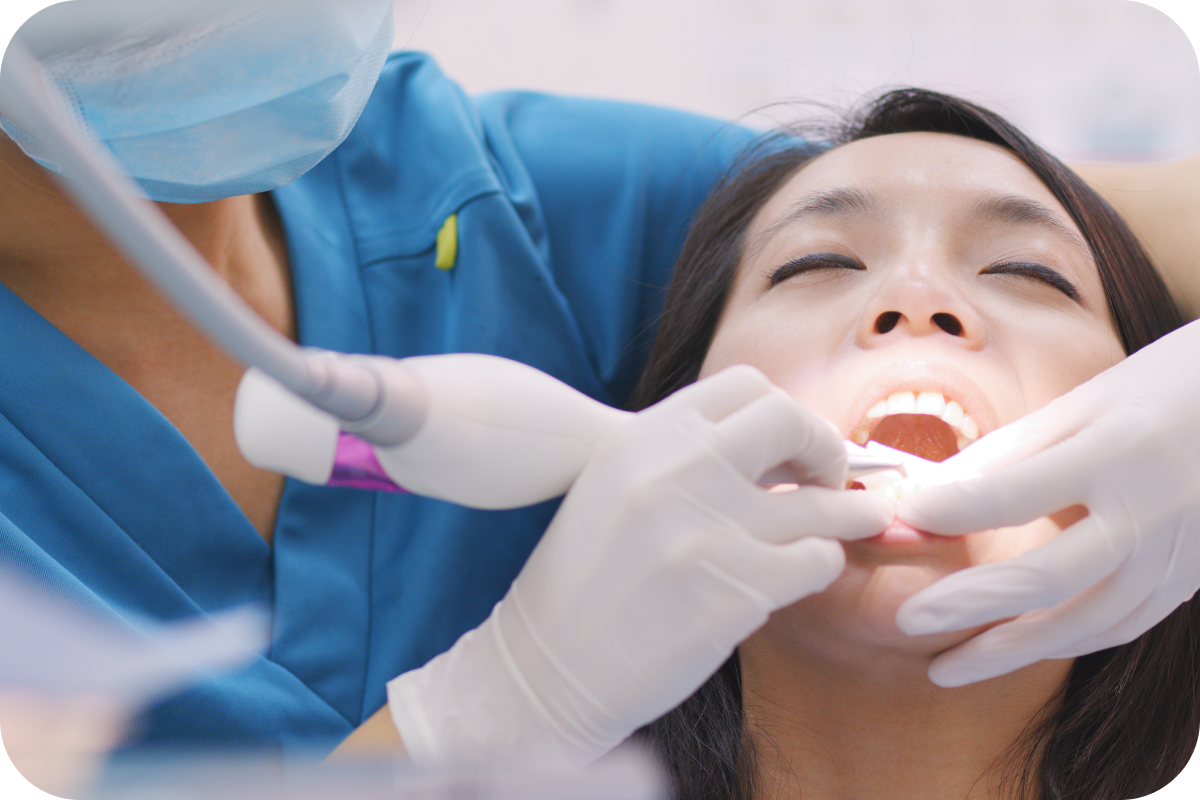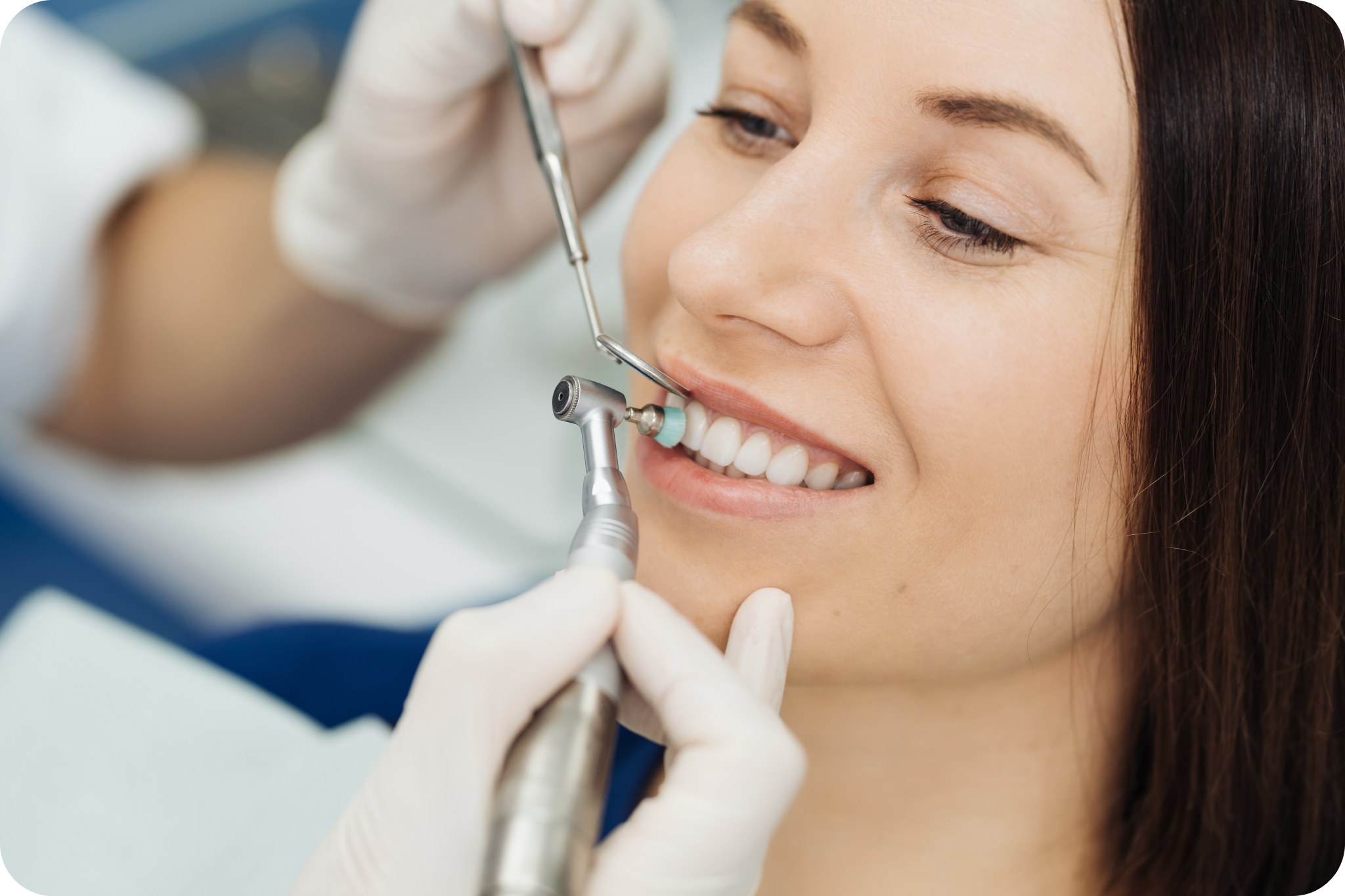Perio
Periodontal disease, also known as gum disease or gingivitis, is a common oral disease. It is primarily caused by bacterial infection, usually due to poor oral hygiene habits and the accumulation of dental plaque. Dental plaque is a colorless film composed mainly of bacteria and food debris that can form on the gums and tooth surfaces.
Periodontal disease is divided into two main stages: gingivitis and periodontitis. Gingivitis is the early stage of periodontal disease, characterized by swollen and easily bleeding gums, as well as gum pain. If left untreated, gingivitis can progress to periodontitis, which is a more severe condition that affects the supporting tissues and structures around the teeth.
Symptoms of periodontitis include gum recession, tooth looseness, widening of tooth gaps, and bad breath. Severe periodontitis can lead to tooth loss and bone loss.
The key to preventing and treating periodontal disease lies in good oral hygiene habits, including brushing teeth, using dental floss, and regular professional cleanings. Regular dental check-ups are also important for early detection and treatment of periodontal disease. If you experience symptoms such as swollen or bleeding gums, bad breath, or other oral discomfort, it is important to seek timely medical attention for a professional diagnosis and treatment.




Deep cleaning, also known as scaling and root planing, is a professional dental procedure aimed at treating and preventing periodontal disease. The process is typically performed by a dentist or dental hygienist.
First of all, the dentist will assess the teeth and gums to determine signs of periodontal disease. Then, special instruments such as ultrasonic and manual tools are used to remove plaque and tartar from the tooth surfaces and periodontal pockets. These instruments help eliminate bacteria and hardened plaque buildup on the teeth, while reducing gum inflammation and bleeding. The entire process is designed to improve gum health and reduce the risk of periodontal disease.
Post-care after deep cleaning is crucial to ensure the health of gums and teeth.
It involves following good oral hygiene habits such as brushing teeth at least twice a day, using dental floss or interdental brushes to clean between the teeth, and using mouthwash. Regular dental cleanings and check-ups are also important to monitor the progress of periodontal disease. Avoiding smoking and excessive alcohol consumption, as these habits can exacerbate periodontal disease.
If any symptoms like swollen gums, bleeding, or other discomfort arise, seeking prompt dental treatment is recommended. Regular follow-ups with a dentist are necessary to maintain gum and tooth health.
Root Planning (per tooth)
$800
Root Planning (per quadrant)
$2500-3500
Periodontal Surgery
By Quotation
***Periodontal treatment is including local anesthesia and medication***


F&Q
The main cause of periodontal disease is the accumulation of bacteria in dental plaque due to poor oral hygiene habits.
Symptoms can include swollen or bleeding gums, bad breath, gum recession, tooth sensitivity, and loose teeth.
Yes, if left untreated, severe periodontal disease can eventually lead to tooth loss due to the shrinkage of the supporting bone.
No, periodontal disease is not contagious. However, the bacteria that cause it can be transmitted through saliva.
Yes, maintaining good oral hygiene habits such as regular brushing, using dental floss, and undergoing regular dental cleanings can help prevent periodontal disease.
Yes, smoking is a significant risk factor for periodontal disease and can also affect the success rate of treatment.
Yes, hormonal changes during pregnancy or menopause can increase the chances of developing periodontal disease.
Treatment options may include deep cleaning (scaling), medication, gum surgery, and lifestyle changes to improve oral hygiene.
